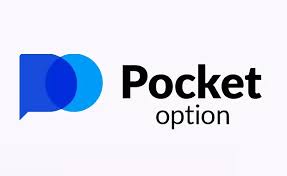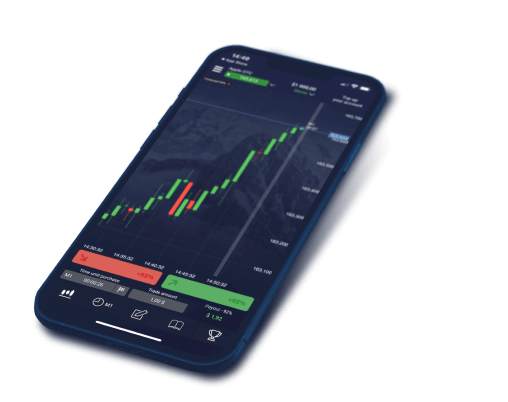
Understanding How Does Pocket Option Make Money
Pocket Option is a popular trading platform that has gained significant attention in recent years for its user-friendly interface and diverse trading options. But have you ever wondered how does pocket option make money how does pocket option make money? This article delves into the various revenue streams Pocket Option employs to sustain its operations and provide value to traders.
1. Trading Fees
One of the primary ways that Pocket Option generates income is through trading fees. When users execute trades on the platform, a small fee is charged, typically a percentage of the transaction amount. This fee varies depending on the type of trade and market conditions. Although these fees may seem minimal, they can accumulate significantly over time as more traders engage in buying and selling assets.
2. Spreads
In addition to direct trading fees, Pocket Option also makes money through spreads. The spread is the difference between the buying price and the selling price of an asset. In simple terms, when you buy an asset, you pay a slightly higher price compared to what you would receive when selling it back. This difference essentially becomes Pocket Option’s profit. The tighter the spread, the more competitive the pricing is for traders, but it still provides a revenue source for the platform.
3. Options and Contracts
Pocket Option specializes in binary options trading, where traders predict the future price movement of assets. The platform benefits when traders lose their bets, as this results in profits for Pocket Option. Essentially, when a trader opts for a binary option, they either win or lose the trade, and in the event of a loss, the invested amount contributes directly to Pocket Option’s revenues.
4. Affiliate Programs
Pocket Option runs a robust affiliate program, attracting marketers and brokers to refer new traders to the platform. Affiliates earn commissions through the trading activity of the users they bring in. This model not only incentivizes affiliates but also expands Pocket Option’s user base. As more traders join the platform through referrals, the accumulated trading activity enhances the platform’s overall revenue.

5. Premium Features and Services
Some traders may opt for premium subscriptions or services offered directly by Pocket Option. These might include advanced trading tools, personalized training, or educational resources. By charging a fee for these added benefits, Pocket Option can increase its revenue while providing more value to serious traders looking to improve their trading skills.
6. Market Research and Analytics
Another way that Pocket Option makes money is by offering market research and analytics services. Traders often seek insights to make informed decisions about their trades. Pocket Option can monetize this need by providing reports, indicators, and historical data for a fee. This adds an additional revenue stream while helping traders to succeed, aligning Pocket Option’s interests with those of its users.
7. Advertising Services
Pocket Option may also generate revenue through targeted advertising. As a digital trading platform, they have access to a wealth of user data, enabling them to offer tailored advertising opportunities to other financial service providers. By partnering with other businesses, Pocket Option can earn additional income by promoting relevant products or services to its user base.
8. Investor Funding and Capital Management
The platform may also engage in investor funding and capital management strategies. By leveraging user deposits and fund allocations effectively, Pocket Option can optimize returns on these investments. This financial engineering requires expertise and market savvy but can substantially bolster revenue without directly charging traders.
Conclusion
Understanding how does Pocket Option make money reveals the various business models and strategies employed by the platform to sustain its operations and grow its user base. Trading fees, spreads, affiliate programs, and various additional services all contribute to its income. For traders, being aware of these revenue mechanisms can provide insights into the platform’s operations and potentially help them optimize their trading experience.
By knowing how Pocket Option generates revenue, traders can better navigate their options and understand the economic landscape of the platform. Ultimately, while Pocket Option is a business focused on making a profit, its success is also rooted in the satisfaction and success of its traders.
